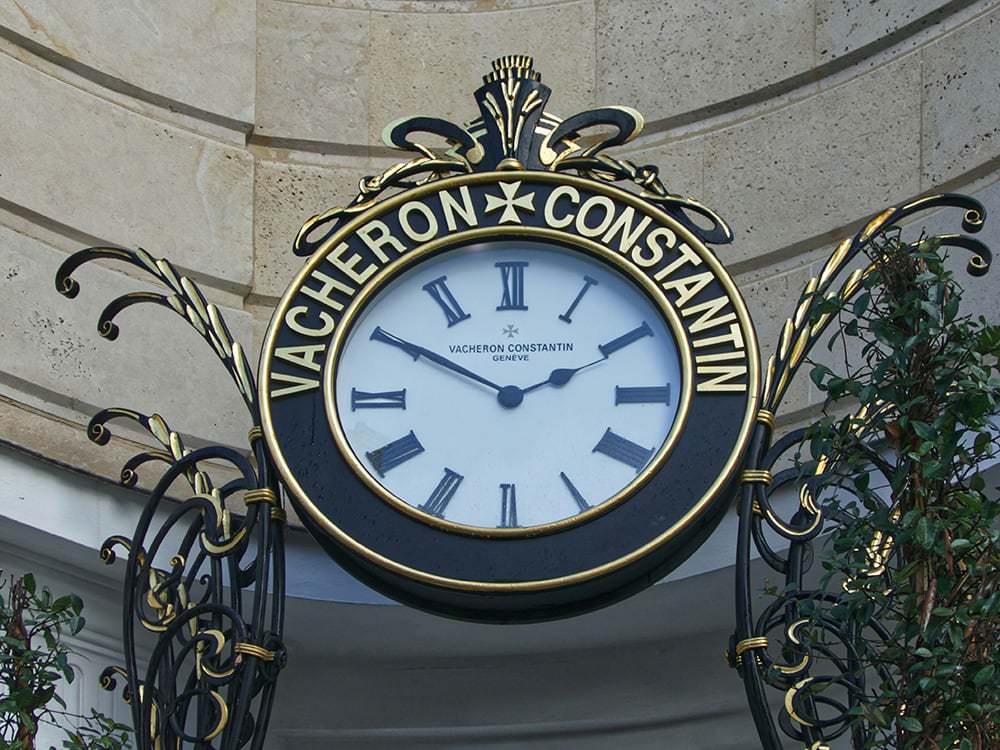pile
In French, the word “pile” can function either as an adverb or as a feminine noun. Each has its own meaning (or meanings) and usage. Both are pronounced like PEEL.
1. The Adverb “Pile”
As an adverb, “pile” conveys precision and exactness, often used to denote specific moments in time or precise measurements.
Usage Examples:
- “Il est 14h pile.” (It’s exactly 2pm)
- “Il est arrivé pile à l’heure.” (He arrived right on time.)
- “La réponse était pile ce que je cherchais.” (The answer was exactly what I was looking for.)
2. The Feminine Noun “La Pile”
On the other hand, “la pile” refers to a battery, particularly the cylindrical type commonly used in electronic devices. It can also mean “tails” when talking about a coin toss. And it can also mean “pile” as in a heap or stack, although the word “un tas” is more frequently used instead.
Usage Examples:
- “Je dois changer la pile de ma montre.” (I need to change the battery in my watch.)
- “Il faut remplacer les piles du télécommande.” (We need to replace the batteries in the remote control.)
- “Nous allons tirer à pile ou face.” (We’ll flip for it; heads or tails.)
- “Il y a une pile de livres sur la table.” (There’s a pile of books on the table.)






